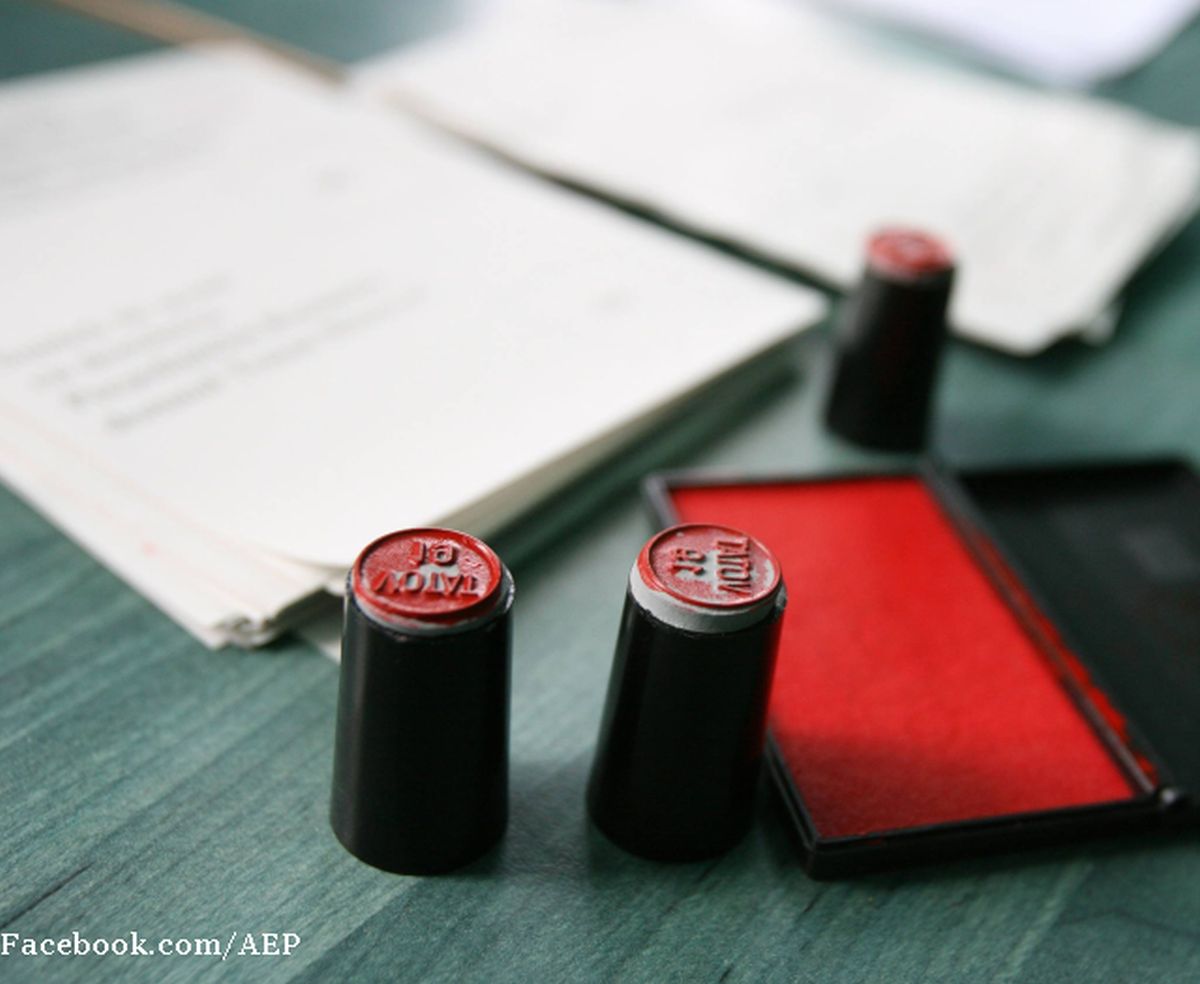The European Commission publishes country report on Romania
The European Commissions latest country report on Romania reveals both positive and negative aspects.

Bogdan Matei, 23.02.2017, 13:00
The routine assessment
of Member States made by the European Commission in the form of semester
country reports looks at the progress or delays in key fields, from the economy
to social policy, education and justice. According to the latest such analysis,
in most EU countries the economic recovery has contributed to a decrease in
unemployment, although this figure is still above pre-crisis levels.
For Romania,
which celebrated a decade of EU membership on January 1, the report highlights
the good state of the economy and social policies, but expresses concern for a
prospective miss of the budget deficit ceiling of 3% of the GDP and for threats
to the progress made so far in curbing corruption. Financial stability improved
in 2016, and so did banks’ capital positions and liquidities. According to the
report of the European Commission, over the past two years Romania has seen
steady economic growth, with the rate peaking at 4.9% in 2016. On the downside,
the substantial tax cuts prompted the widening of the budget deficit last year
to 2.8% of the GDP, with a further deepening, to 3.6% and 3.9% expected in 2017
and 2018 respectively.
The labour
market improved, salaries went up and unemployment rates lowered. The poverty
rate, one of the highest in the Union, decreased, but social inequality remains
a problem, affecting in particular the youth, large families, disabled people,
the Roma and rural population. In healthcare, reforms were initiated in 2016,
but the system is struggling with inefficiency and corruption, and access to
healthcare is limited, particularly in rural communities. In education, the
report mentions insufficient measures to prevent school dropout and low access
to higher education for rural youth. Reforms in public administration were
stepped up in 2016, but according to the European Commission, these are still
not enough.
Corruption
remains an obstacle for business and a problem in all fields. Although Romania
has made efforts to fight it in recent years, the progress in this respect is
now under threat, says the report, mentioning as an example the emergency
decrees issued by the new government, formed by the Social Democratic Party and
the Alliance of Liberals and Democrats, in an attempt to amend the Criminal
Code and Code of Criminal Procedure. The measure, seen as an attempt to clean
the slate for influential local and central administration officers and
politicians under criminal investigation or prosecution, was eventually
abandoned, but only as a result of warnings from Romania’s Western partners, of
criticism from the media and the opposition and, more importantly, after
massive protests from hundreds of thousands of people who took to the streets
in Bucharest and other major cities in Romania and abroad.






























